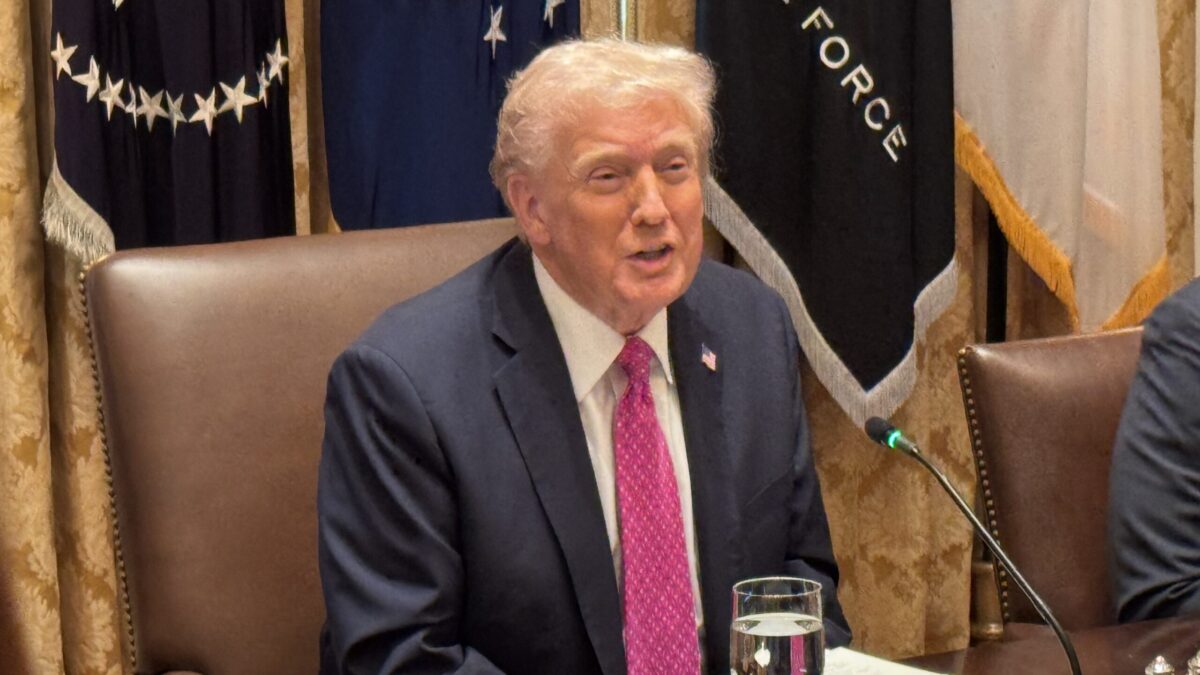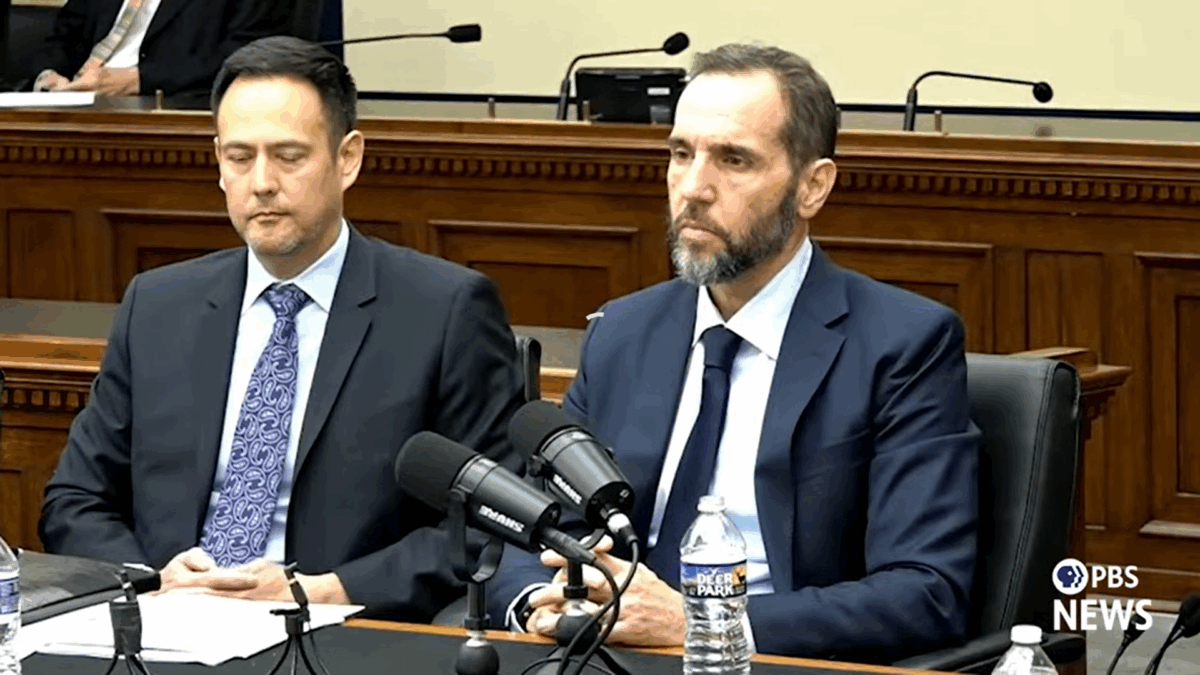Rampant political indoctrination is a problem affecting many public and private schools in the United States, and Texas is no exception.
When leftist administrations and Democrat-linked teachers unions lobbied to keep students home and glued to iPads during Covid-19 panic, parents in Texas began to pay attention to the racism and radical LGBTQ ideologies schools and libraries have been pushing on children as young as toddlers. The problem crept through the tiniest of rural schools all the way into the top-achieving school district in Texas in the Dallas suburbs until outraged parents took action.
It’s not an isolated story. Concerned parents who want more of a say in what their children are learning heavily influenced the results of the Virginia gubernatorial race last year, successfully unseated radical school board members in the Midwest, and are profoundly affecting races in Texas as well. The extremist ideologies in Texas schools have inspired a wave of conservative parents to run in the state board of education’s upcoming primaries, as well as in similar races nationwide.
Into The Mouth Of the SBOE Beast
State board of education races can look like down-ballot elections of small significance. In reality, the candidates elected to sit on the 15-member board make decisions that profoundly affect education inside and outside the Lone Star State.
In Texas, the state education board not only determines the curriculum criteria that affect the state’s 1,029 public school districts, but also approves and vetoes which charter schools will be allowed to operate in Texas.
“The Texas State Board of Education races are some of the most important on the ticket because of the almost 6 million Texas public school students whose lives can be irreparably damaged by the type of standards and curriculum the TSBOE adopts,” Donna Garner, an education policy commentator at Education Views, noted in an analysis of the race.
This board’s decisions are far from cursory. In addition to heavily influencing national education publishers who use the content and methods adopted in large states such as Texas as a model to disseminate similar materials elsewhere, the SBOE also can fend off leftist attempts to slip politically charged content into the state’s instruction mandates.
Nearly 15 years ago, the Texas SBOE found itself the target of national media coverage after the Texas Education Agency’s director of science Christine Castillo Comer said she would not stay “neutral” about teaching Darwinism even though the board instructed TEA teachers to promote critical thinking in classrooms by examining multiple viewpoints about the origins of life. Contrary to the corporate media narrative, the SBOE’s instruction standards did not require creationism or conversations about intelligent design in classrooms but merely asked teachers to refrain from pushing politics and unsupported theories.
As the culture war heightens, Texas’s SBOE has faced pressure from activists to adopt curricula that not only endorses judging students based on the color of their skin but requires schools to teach leftist politics. These leftists want mandatory workbooks and lessons that paint “anti-racism” as a solution instead of a problem, amplify extremist climate change agendas, and neglect human biology to promote trans ideology.
Despite Democrats’ efforts to purple it, Texas is still a red state with no shortage of candidates with an “R” next to their names on the ballot. The number of SBOE members in recent years who are willing to stand up to the left’s increasing bullying, however, has dwindled severely, prompting culture war conservatives to enter the race. In 10 of the 15 state board of education districts, at least two Republicans are fighting for a spot on the board in advance of it reevaluating key curriculum standards in 2023.
Together We Stand, Divided We Fall
Leftist political indoctrination is a problem plaguing public school districts across the country, but in Texas, it’s one only the SBOE can address. It’s also what inspired some GOP candidates to run this year and participate in the “big battleground for a cultural tug-of-war.”
One of these candidates, Aaron Kinsey, the CEO of aerial oil pipeline patrol company American Patrols and a father of three children, chose to enter the political arena for the first time after he saw the increasingly negative effects of remote schooling and political indoctrination were having on Texas students. The Republican said he believes schools should be “teaching our children to love themselves, their families, their neighbors, their state, and their country,” not to choose political sides.
“I think you’re gonna see a lot more parents getting involved, and I am one of those parents who is stepping up and saying, ‘No, this isn’t right. This isn’t what we stand for,'” Kinsey told The Federalist.
Kinsey is challenging Republican incumbent Jay Johnson to represent District 15, which spans a large chunk of West Texas and the Texas Panhandle. Johnson, who has served on the SBOE since 2020 after he went unchallenged in the primary election, is listed as a Republican.
But during his past term, Johnson vetoed the application of Heritage Classical, a charter school inspired by Hillsdale College’s classical model and supported by a network of pro-America public charter schools that have been highly successful across the United States for decades. Johnson also voted to approve a charter for Essence Prepatory, which touted quotes from extremist racial grifter Ibram X. Kendi on its website. Johnson did not respond to The Federalist’s request for comment.
Kinsey said parents’ strong concerns warrant action that his primary rival might not take.
“This system, as it is right now, has a lot of establishment people that are involved with it, who have been around it the whole time or for several decades. And I think it’s time for a change,” Kinsey said. “It’s time for somebody else who doesn’t necessarily have those past experiences and biases with the system to come in and start taking a look with a fresh perspective.”
“That’s like half the problem here on a lot of these cultural things, like if you’re sleeping on it, you’re losing,” he added.
Michael Barton, a dad of two and police detective, is running for a seat in the board of education’s District 7, which also encompasses part of the Houston area. Despite running in a primary crowded with three other Republicans, Barton says his plan for action and willingness to prioritize parents sets him apart from other candidates.
“Parents should be front and center. No parent should have to go asking for curriculum or teaching materials from their local school district. I see no reason why this can’t all be put online. The needs of the kids should be No. 1, everything else revolves around that,” he told The Federalist in an email.
Fighters, Stand Your Ground
As the SBOE stands now, Republicans technically hold the majority with nine members. Of those, some such as Pat Hardy can be trusted to make pro-school choice and anti-indoctrination decisions.
Other incumbent board members, however, such as Pam Little in District 12, Sue Melton-Malone in District 14, and Jay Johnson in District 15, have swing-vote track records that can only be characterized as bench-warming. These board members might side with conservatives on some issues but they also lack the courage to take the new culture war by the horns.
Some Republican board members such as Matt Robinson in District 7 have decided not to run again, opening doors for new, passionate candidates to potentially take his place. Other strong, conservative SBOE candidates such as Audrey Young, Keven Ellis, and Tom Maynard have pro-school choice and anti-indoctrination track records and the boon of running unopposed.
Culture war conservatives are hoping to make gains in the March primary with new candidates while incumbents with primary challengers are fighting to keep their spot and finish the work they already started in previous terms. Will Hickman, a father of three, is running for re-election in District 6, which spans parts of Houston. He is being challenged by former educator Mike Wolfe.
Since he was elected in 2020, Hickman has voted against far-left climate rhetoric in Texas science curriculum and advocated against a series of radical gender ideology textbooks.
“As a conservative, as a Christian, as a parent, I bring the parent perspective to the board,” Hickman told The Federalist. “I’ve enjoyed the past year and I’m willing to put my name forward and resume experience and work on the board and see if the voters of the district want to put me back.”
Hickman believes students should be prepared for their futures, whether that’s college, a career, or the military, and that teaching to a political agenda does not satisfy that.
“Let’s teach the science, and then leave the policy and politics for social studies. [The board] is just starting on social studies, so I’m sure we’ll have the [critical race theory] debate there. For me, CRT is racism. Although some would say it’s for a good purpose, I disagree. I think any racism should not be taught in Texas schools. One-hundred percent against CRT,” he said of his position.
Due to redistricting, a new wave of strong Texas SBOE candidates are up for election or re-election, some shortly after they assumed office for the first time in 2020. The timing couldn’t be more perfect as Texas parents, angered by the leftist lies being shoved down little throats, beg for opportunities to challenge radicalism in public schools.
Texas is a large statem and the decisions its SBOE makes will have a large impact on the entire nation’s education markets. Texas parents are stepping up to keep activist ideologues from messing with Texas students, like parents in other states. The fight to give parents a voice in their children’s education in Texas and across the nation is only beginning.









